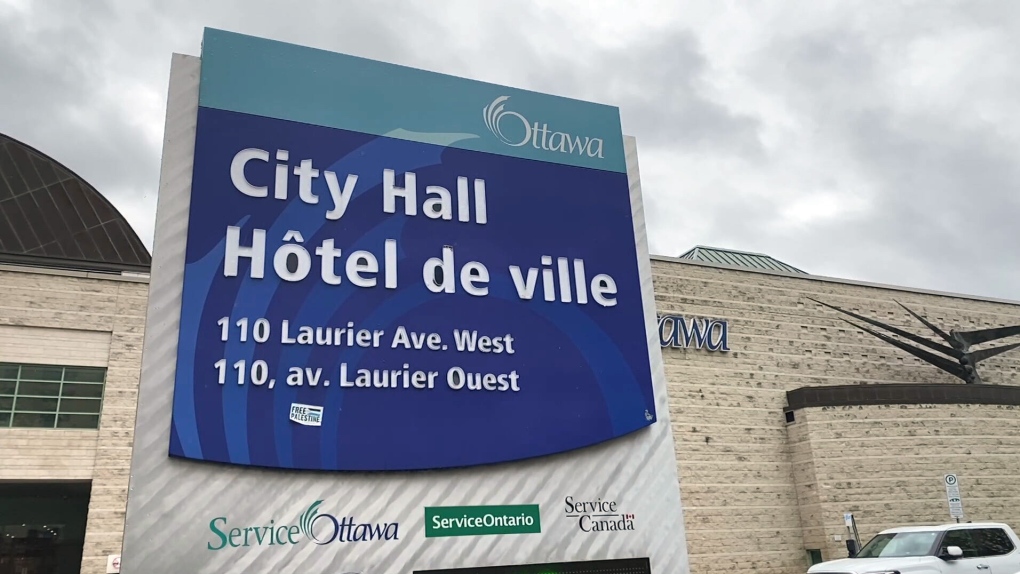
City councillors in Ottawa will be getting an update on the city’s finances today in the first full council meeting in eight weeks.
In August, Mayor Mark Sutcliffe held a news conference, calling for a “fairness for Ottawa” from the federal and provincial governments, saying the city is in a “transit crisis” with an operating shortfall of $140 million a year for the next three years. The mayor is calling on the federal government to pay $100 million in back taxes on properties, guarantee payments in lieu of taxes for the next 10 years during the “downtown transition,” and restore the “one-third, one-third, one-third funding model” for transit.
Budget season is quickly approaching. Budget directions will be brought before city council in just two weeks, with the draft budget set for November. In the last two terms of council, Sutcliffe has kept to a promised 2.5 per cent cap on property tax increases, following years of similar caps by former mayor Jim Watson. Sutcliffe said in August that if the federal and provincial governments don’t come through with support, the transit levy would need to increase 37 per cent, equalling a seven per cent increase in property taxes.
Other major cities in Canada passed much more significant tax hikes for their 2024 budgets. Toronto’s rate went up 9.5 per cent, Edmonton approved an 8.9 per cent increase, Calgary saw its taxes go up 7.8 per cent, and Vancouver’s tax rate increased by 7.5 per cent. Ottawa’s cumulative total of annual tax increases since 2014 is 26.91 per cent, compared to 36.47 per cent in Toronto, 39.86 per cent in Edmonton, 39.3 per cent in Calgary, and 56.99 per cent in Vancouver.
Sutcliffe notes the concentration of federal properties in Ottawa and the way the federal government decides what each property is worth makes the capital unique compared to other major cities in Canada. The Payment in Lieu of Taxes Act leaves it up to the Minister of Public Services and Procurement to define the value of federal properties for the purposes of determining how much it pays to the City in lieu of property taxes.
According to figures from Public Services and Procurement Canada, the federal government paid the City of Ottawa more than $124 million in lieu of taxes in 2023, or approximately 20 per cent of all of its payments in lieu of taxes across the country and nearly 63 per cent of its payments in Ontario. By comparison, Toronto received a payment of $6.6 million in 2023 in lieu of property taxes
The federal government paid the City of Ottawa $119.6 million in 2022, $114.6 million in 2021, $124.4 million in 2020 and $122.7 million in 2019.
Last year, some city councillors voted against the 2.5 per cent property tax increase in the budget directions, with some calling it “arbitrary” and saying it amounted to a service cut with inflation higher than the directed increase. Several unions representing police officers, firefighters, OC Transpo employees and other workers at Ottawa City Hall issued a letter last year, calling on the mayor to “provide a vision for the city that goes beyond another round of cuts.”
No documents or presentations were made public for the “Update on key financial challenges and operational reviews” council agenda item.
Council begins at 10 a.m.